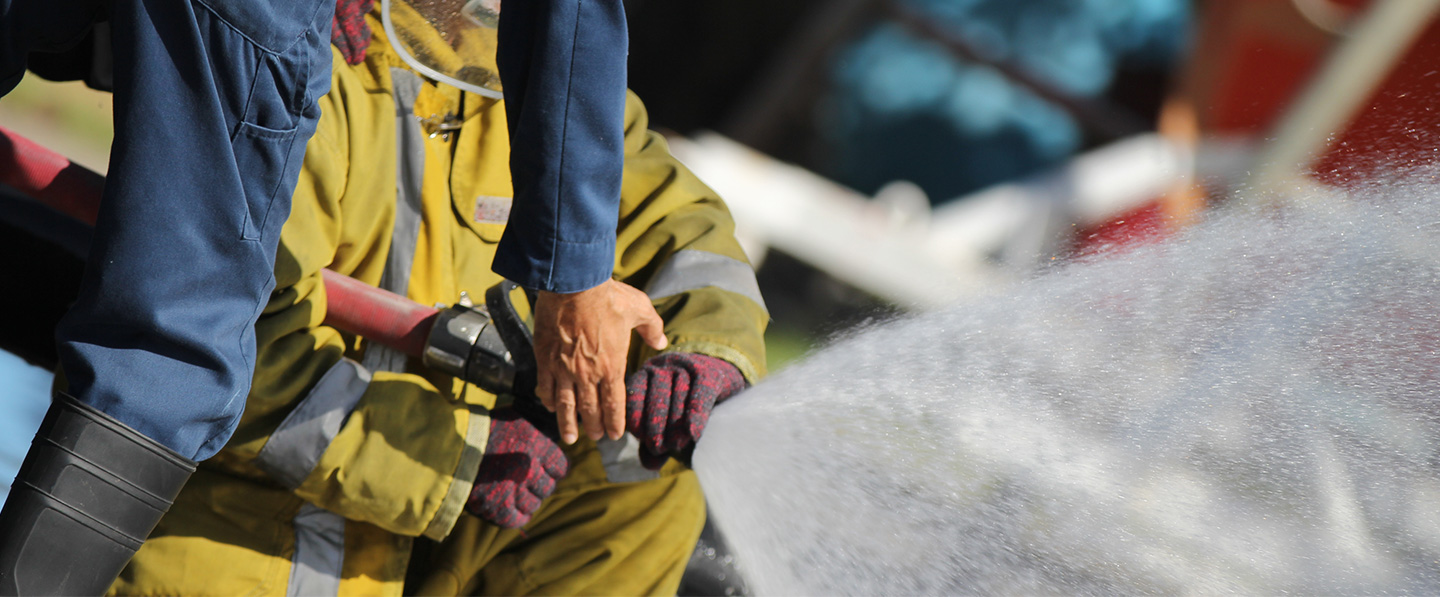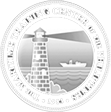
COURSES
Tanker Courses
| SCOPE | This course provides training for officers and ratings. It comprises a basic training programme appropriate to their duties, including oil and chemical tanker safety, fire safety measures and systems, pollution prevention, operational practice and obligations under applicable laws and regulations. The course takes full account of section A-V/1-1 of the STCW Code adopted by the International Convention on Standards of Training, Certification and Watch keeping for Seafarers 1978, as amended, including the 2010 Manila amendments.
This training may be given on board or ashore. It can be supplemented by practical training on board or wherever.
|
||||||||||||
| OBJECTIVES | The objective of this course is to meet the training requirements of regulation V/1-1 paragraph 2.2 of the International Convention on Standards of Training, Certification and Watchkeeping for Seafarers, as amended.
|
||||||||||||
| ENTRY STANDARDS | This course is principally intended for candidates for certification for basic training for oil and chemical cargo operations as specified in section A-V/1-1 para 1 of the STCW Code as amended.
|
||||||||||||
| SCHEDULE |
|
||||||||||||
| SCOPE | This course aims to impart the mandatory minimum requirements of the 1978 International Convention on Standards of Training Certification and Watchkeeping for Seafarers (STCW), as amended for knowledge, understanding and proficiency of marine deck and engineer officers in the operational and management levels as provided in Sections A-II/1, II/2, II/3 and in Tables A-III/1, III/2, and III/3, respectively, of the STCW Code for the function Controlling the Operation of the Ship and Care for Persons on Board.
This consolidated course covers the requirements of the International Convention for the Prevention of Pollution from Ships, 1973 as modified by the Protocols of 1978 and 1997 (MARPOL 73/78) based on the technical content provided in Annexes I to VI. This course requires a total of forty (40) instructional hours to complete, consisting of theory (70%) and demonstration/practical work (30%) activities. The subject matter includes Introduction; MARPOL Annex I (Prevention of Pollution by Oil); MARPOL Annex II (Control of Pollution by Noxious Liquid Substances); MARPOL Annex III (Prevention of Pollution by Harmful Substances Carried by Sea in Packaged Form); MARPOL Annex IV (Prevention of Pollution by Sewage from Ships); MARPOL Annex V (Prevention of Pollution by Garbage from Ships); and MARPOL Annex VI (Prevention of Air Pollution from Ships). The conduct of assessment and evaluation is allotted thirty (30) minutes for written and one (1) hour of practical assessment. |
||||||||||||
| OBJECTIVES | The trainees who successfully complete the course will make a safer and more effective contribution in “controlling the operation of the ship and care for persons on board” function and in complying with the provisions of the MARPOL 73/78 Convention.
In particular, the trainees shall be able to:
|
||||||||||||
| ENTRY STANDARDS | This course is open to marine deck and engine officers and other personnel responsible in ensuring compliance of onboard operations to regulations of the MARPOL 73/78 Convention as modified in Protocol 1997. | ||||||||||||
| SCHEDULE |
|
||||||||||||
| AIM |
This course provides training for Master, Chief Engineers, officers and any person with immediate responsibility for leading and discharging or handling of cargo. It comprises a training program appropriate to their duties, operational practice and obligation under applicable laws and regulation. |
||||||||||||
| OBJECTIVES |
A trainer who successfully completes this course shall be able to familiarize themselves with operating procedure of Inert Gas System and Crude Oil Washing System. |
||||||||||||
| ENTRY STANDARDS |
This course is open to seafarers who have relevant experience appropriate to their duties on Oil Tankers. |
||||||||||||
| SCHEDULE |
|
||||||||||||
| SCOPE | This course covers the training required in Regulation V/I, paragraph 1 which states “ officers and ratings assigned specific duties and responsibilities related to cargo or cargo equipment on tankers shall have completed an approved shore-based fire fighting course in addition to the training required by Regulation V/I of STCW – 78 Convention as amended in 1995”. | ||||||||||||
| OBJECTIVES | A trainee who successfully completes this course shall be able to familiarize themselves with the preventive emergency procedures and fire fighting systems and resources typically provided along a Tanker Terminal/Port and which in the event of fire alongside, at anchor or on Ship-to-Ship Operation within the jurisdiction of a local (port) authority, may usefully contribute towards a successful combined fire fighting attack which would lead to the control and extinguishments of the fire. | ||||||||||||
| ENTRY REQUIREMENTS |
This course is open to all officers or ratings assigned specific duties and responsibilities related to cargo or cargo equipment on tankers and have completed basic and advanced training in fire fighting. All trainees must be certified by a doctor to be physically fit to undertake the required strenuous training of the course. | ||||||||||||
| SCHEDULE |
|
||||||||||||
| SCOPE | This course is intended for seafaring personnel responsible for the handling of package. Dangerous, hazardous and harmful cargoes / dangerous goods aboard ships and shore based personnel responsible for the transport of dangerous goods by sea and involved in any of the aspects set out but not limited to classification, packaging, consignment procedures, loading and segregation.
The course has been prepared in accordance with the requirements of section A – II/2 of the STCW ’95 and follows the guidance contained in Section B – V/C of the Code. |
||||||||||||
| OBJECTIVES | The students who complete this course shall be bale to contribute to the preparations and executions of the safe carriage of dangerous goods and marine pollutants by sea. The enhanced regulatory requirements will increase a HAZMAT employee’s awareness of safety considerations involved in safe packing, loading unloading, handling, storing and transportation of hazardous materials and improve emergency preparedness for responding to accidents or incidents involving the transportation of hazardous materials incidents caused by human error and mitigate the effects of incidents when they occur. | ||||||||||||
| ENTRY STANDARDS | This course is open to all seafarers who have completed Basic Safety Course who will serve on board vessels that are engaged in transporting dangerous goods and to shore based personnel who in the course of employment directly affects hazardous materials transportation, test, reconditions, repairs, modifies, marks or otherwise represents containers, drum or packaging as qualified for use in the transportation of hazardous materials. | ||||||||||||
| SCHEDULE |
|
||||||||||||
| SCOPE | This course is intended for seafaring personnel responsible for the handling of package. Dangerous, hazardous and harmful cargoes / dangerous goods aboard ships and shore based personnel responsible for the transport of dangerous goods by sea and involved in any of the aspects set out but not limited to classification, packaging, consignment procedures, loading and segregation. | ||||||||||||
| OBJECTIVES | The students who complete this course shall be bale to contribute to the preparations and executions of the safe carriage of dangerous goods and marine pollutants by sea. The enhanced regulatory requirements will increase a HAZMAT employee’s awareness of safety considerations involved in safe packing, loading unloading, handling, storing and transportation of hazardous materials and improve emergency preparedness for responding to accidents or incidents involving the transportation of hazardous materials incidents caused by human error and mitigate the effects of incidents when they occur. | ||||||||||||
| ENTRY STANDARDS | This course is open to all seafarers who have completed Basic Safety Course who will serve on board vessels that are engaged in transporting dangerous goods and to shore based personnel who in the course of employment directly affects hazardous materials transportation, test, reconditions, repairs, modifies, marks or otherwise represents containers, drum or packaging as qualified for use in the transportation of hazardous materials. | ||||||||||||
| SCHEDULE |
|
||||||||||||




